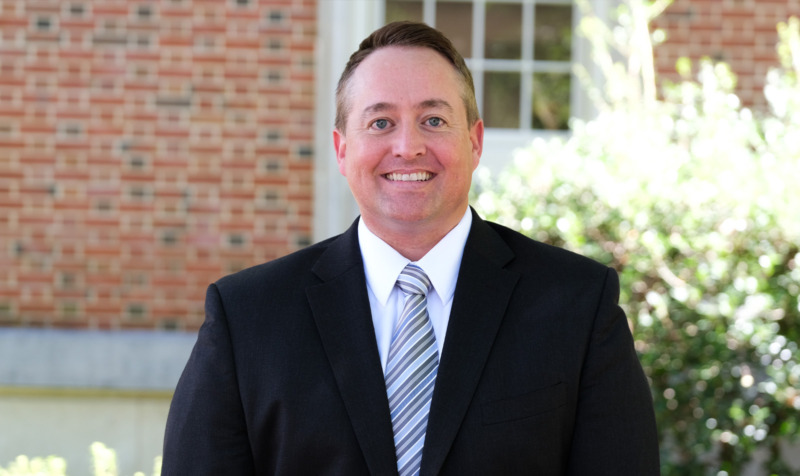Education
- Ph.D. 2016 – University of North Carolina at Chapel Hill, Clinical Psychology
- M.A. 2011 – University of South Florida, Clinical Psychology
- BA 2005 – University of North Carolina at Chapel Hill, Psychology
Areas of Expertise
- Interpersonal Stress
- Stress Neurobiology
- Depression and Suicide
- Coping Behaviors
- Peer Relations
- Mental Health Technology
Background
Calhoun received his Ph.D. in Clinical Psychology from UNC-Chapel Hill, after completing an internship at the Charleston Consortium Psychology Internship Program. He completed a one-year NIMH T32-funded postdoctoral fellowship at the MUSC National Crime Victims Research and Treatment Center (NCVC), where he specialized in treating psychological trauma in children and adolescents. Following completion of his postdoctoral training, he served in faculty positions at MUSC and UNC. Calhoun also founded a private practice where he provided office- and school-based mental health services, while supervising psychology interns, externs, and postdoctoral clinicians. Calhoun has served as an investigator on numerous federally- and locally-funded research projects. He also has a longstanding dedication to research and clinical training, and greatly enjoys serving as a mentor, clinical supervisor, and contributor to professional development resources. He is highly committed to diversity training initiatives, having led diversity training committees, published manuscripts/articles on related topics, and taught a graduate-level multiculturalism course at UNC; he works to practice cultural humility, responsibility, and responsiveness in all aspects of his profession.
As a clinical psychologist who has worked in numerous clinics, and treated a wide range of presenting concerns, Calhoun has accumulated knowledge relating to a variety of empirically-supported mental health interventions for youth, including: Cognitive-Behavioral Therapy (CBT), Dialectical Behavioral Therapy (DBT), Acceptance and Commitment Therapy (ACT), Trauma-focused CBT (TF-CBT), Habit Reversal Training (HRT), Exposure Response Prevention (ERP), Behavior/Contingency Management, Interpersonal Therapy, and Family Therapy.
Research
Calhoun’s research uses a combination of experimental, school-based, and prevention-oriented studies to examine stress and coping during adolescence. His lab-based work examines the neurobiology and subjective experience of stress reactions, incorporating various methodologies (EEG, psychophysiology, neuroendocrine) to establish stress response profiles connected with increased risk of internalizing symptoms, such as anxiety, depression, and suicidal ideation. His work is largely rooted in the interpersonal context, with a particular focus on understanding how teens’ interactions with close friends influence stress regulation. Calhoun is currently working to translate prior research findings into technology-driven prevention tools for teens. This line of work is informed by his years of experience providing therapy and assessment services for youth in different clinical settings, along with his experience in mobile app development. Calhoun is particularly passionate about developing prevention tools and service delivery models oriented toward underserved, high-risk youth, especially those who have experienced psychological trauma.
